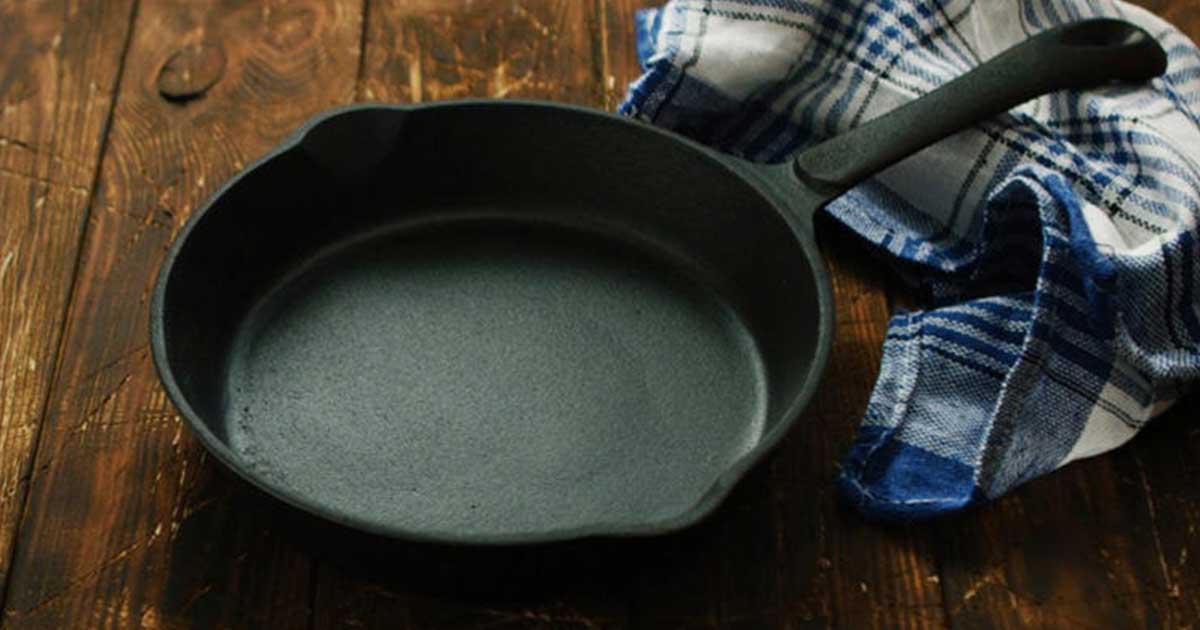Most people who cook with cast-iron pans absolutely love them. They’re incredibly versatile and can be used for a wide range of dishes, from breakfast to dessert. However, there are certain foods that are better off cooked in a different type of pan.
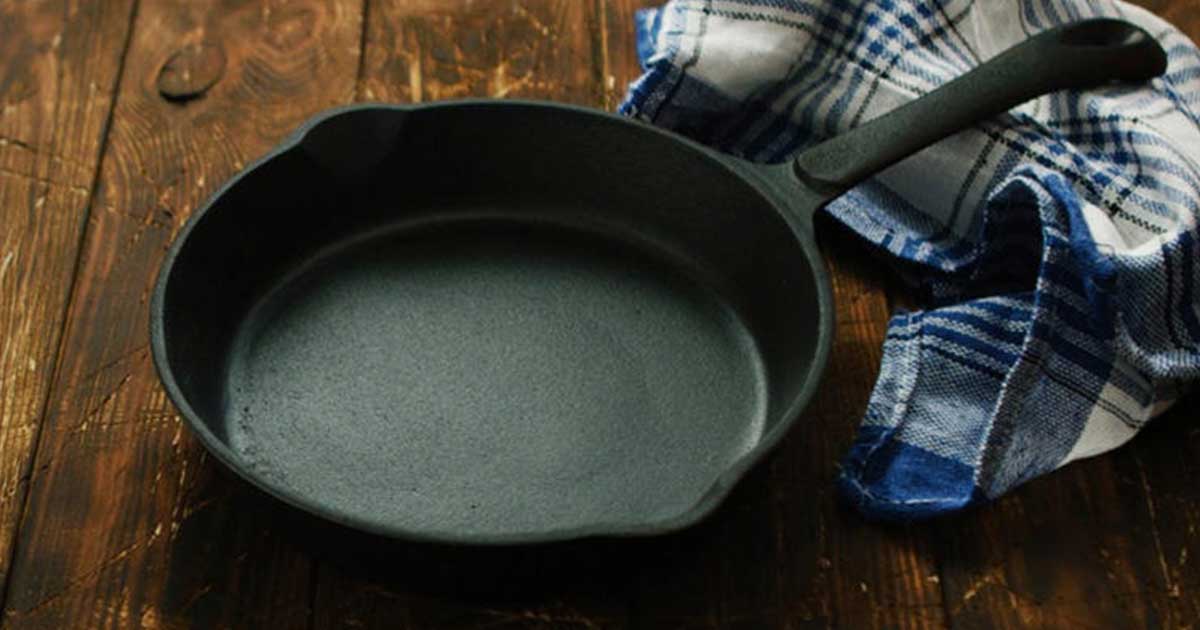
Delicate Fish
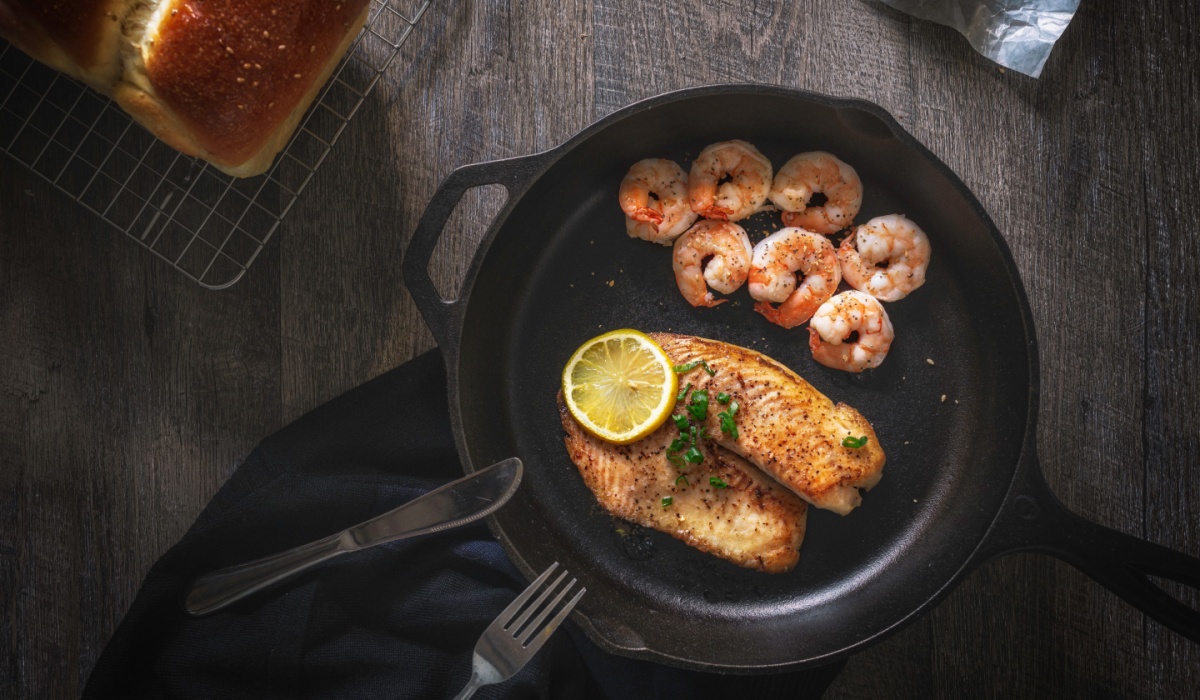
While cast iron pans are great for searing steaks and other meaty fish, delicate fish like trout or tilapia are better suited for non-stick pans. The high heat retention of cast iron can easily overcook and ruin the texture of these delicate fish. However, feel free to cook salmon or other meaty fish in your cast iron pan without any worries.
Eggs and Other Sticky Things (for a while)

When your cast iron pan is brand new, sticky foods like eggs can be a bit tricky to cook. Even though the pan is seasoned, you may still end up with brown eggs and a pan that’s difficult to clean. It’s best to use a regular non-stick pan for eggs in the beginning until your cast iron pan is well-seasoned.
Acidic Foods (maybe)
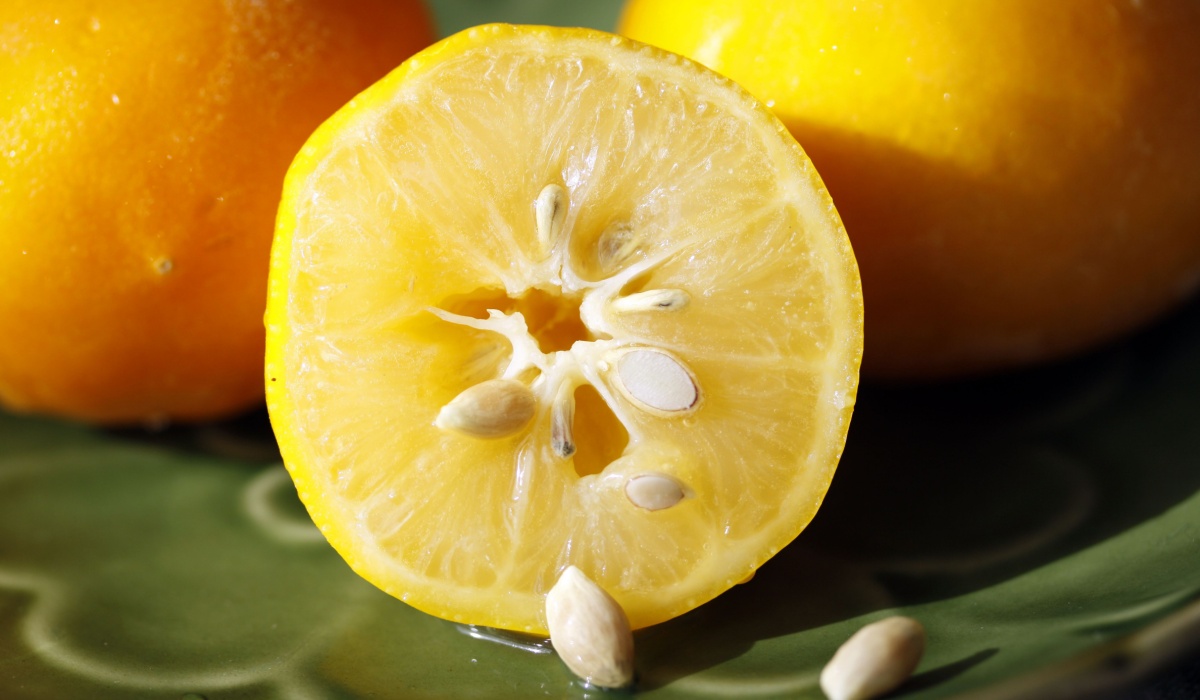
There’s some debate about whether or not acidic foods like tomatoes or lemons can react with the metal of a cast iron pan. Some believe that it can cause the metal to leach into the food and break down the pan’s seasoning. However, others think it’s just a myth. If you do notice some discoloration from acidic foods, a baking soda scrub should take care of it.
Smelly Foods
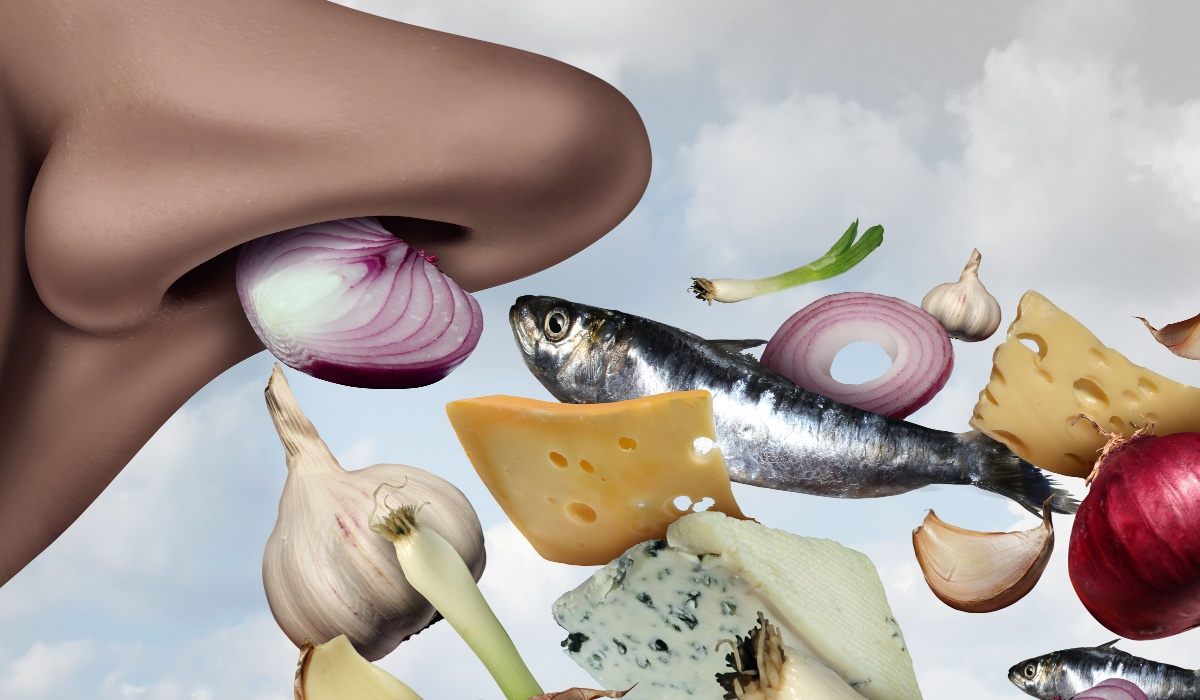
Strong-smelling foods like garlic, peppers, fish, or pungent cheeses can leave lingering aromatic memories in your cast-iron pan. These smells can affect the flavors of the next few things you cook in the pan. While a quick bake in the oven can help remove the odor, it’s best to avoid cooking foods that would be ruined by these lingering aromas.
Anything That Overcrowds the Skillet

It’s tempting to cook all your ingredients in one go to have everything ready at the same time. However, overcrowding your cast iron pan can affect the quality of the food. While cast iron heats up evenly, adding too much food can cause uneven cooking and result in dishes that don’t turn out as well as you’d like.
One important note: This list specifically applies to traditional cast-iron pans. If you have an enamel-coated cast iron pan, you don’t need to worry about these restrictions. You can use it for any type of cooking without any issues.
And remember, if you ever accidentally make a mess of your cast iron pan, don’t worry! Cast iron is tough and forgiving. There are plenty of cleaning tips and instructions available to help you re-season your pan and get it back in top shape.
